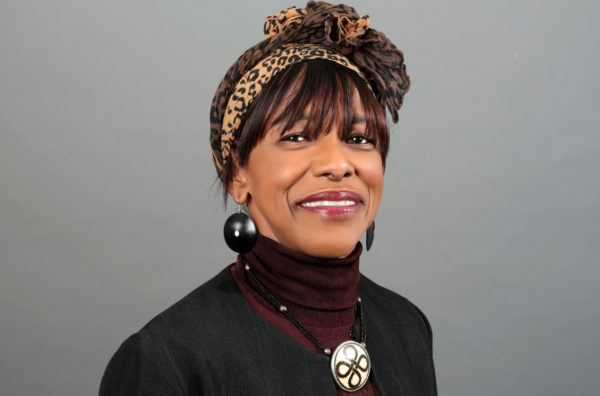
Who I am – I am Cheryl Carolus, the Chairperson of the Constitution Hill Trust, which was established in May 2006 by President Cyril Ramaphosa and former Chief Justice Chaskalson. The purpose of the trust is to promote the values of the South African Constitution, including human rights and democracy. The Trust also works to support Constitution Hill, the human rights precinct and home of the Constitutional Court. As part of its educational mandate, it is the Trust that has worked to bring this online exhibition about the making of the Constitution to the people.
My roots – I was born in Silvertown in the Cape Flats. It is a very poor area in Cape Town. I have memories of the historically forced removals of coloured and black people out of areas like District 6, Kensington and Ndabeni into Langa and the Cape Flats, where I grew up. Like so many people, I was a poor black girl with limited options in life. That sparked my activism because I knew we deserved better.
My life’s work – I was trained as a teacher but I have always been an activist at heart. I was an active member of the South African Students’ Organisation and one of the founding members of the United Democratic Front (UDF). In 1983, I served as the General Secretary of the Federation of South African Women. I was also one of two women that played a crucial role during the Groote Schuur negotiations, where the African National Congress (ANC) delegation formally met with the apartheid government for the first time. Since the liberation of South Africa, I have served my country through various roles in government. Today I am also a purpose-driven businesswoman.
Why this exhibition matters – The Constitution on its own is not going to change things. We have work to do and the generations after us best also step up to the plate. We hope that this exhibition provides the people with the knowledge of our history that will enable them to act wisely today in their efforts of making the Constitution real. Freedom and democracy are not a spectator sport. As you will see from this exhibition, change happens when we all roll up our sleeves and get to work. This exhibition is important because it is putting the Constitution and its history in the people’s hands so that they can change their lives and the country.
What the Constitution means to me – I am enormously proud of our Constitution. It does not give us the detail of how our everyday lives must be lived. The Constitution does give us the most powerful human rights that you can invoke as we have seen in so many Constitutional Court cases. We have to make it work and protect it for our children. But we are going to have to deepen the meaning of the Constitution. You have the Constitution, so please use it properly!
Hear more about what the Constitution means to Cheryl Carolus here



